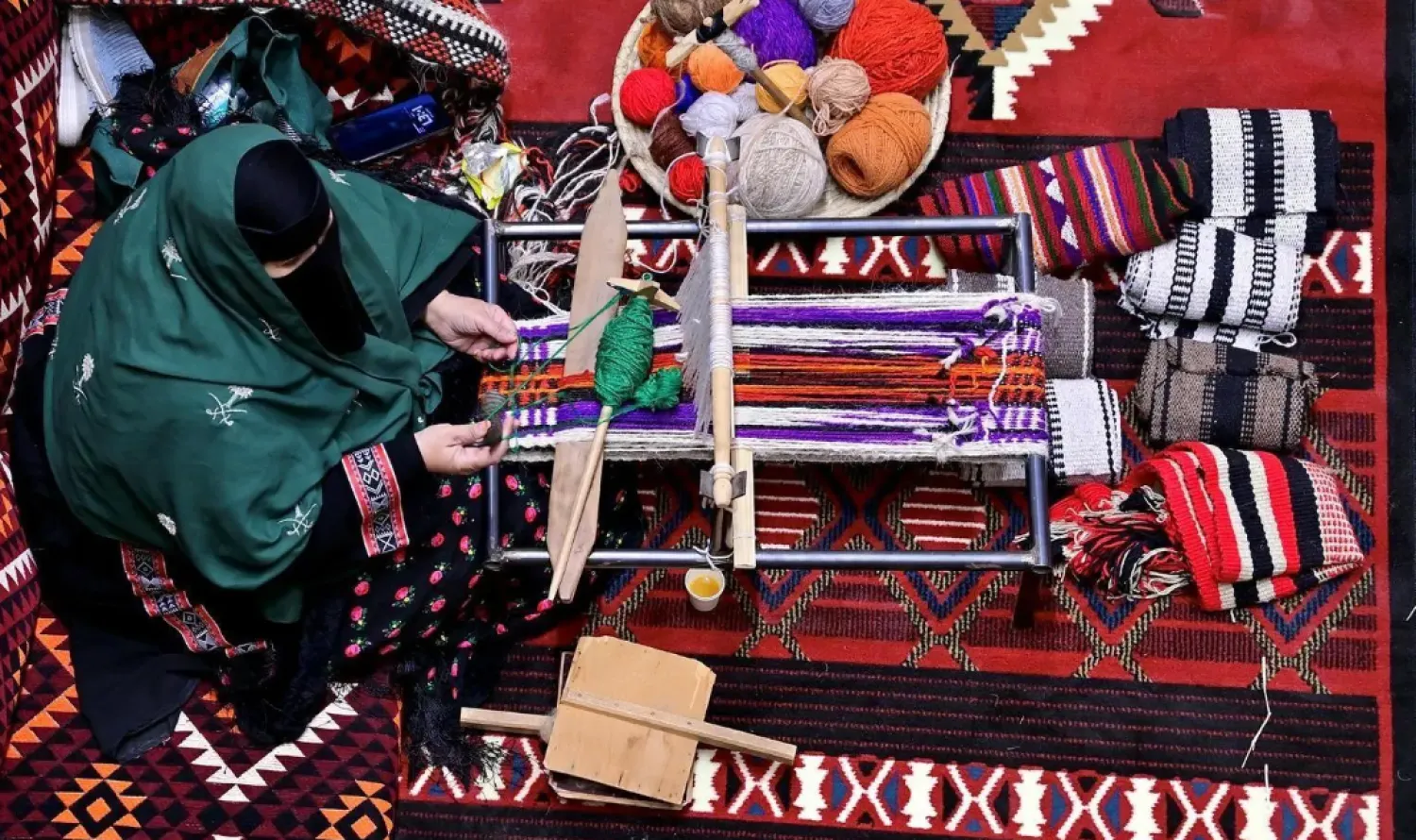The 20,000-piece coin collection of Danish butter magnate Lars Emil Bruun, worth an estimated $74 million, is set to go under the hammer on Saturday in Copenhagen, a century after his passing.
The collection, kept by Bruun's relatives in line with his will, includes rare coins and medals from Denmark, Norway, Sweden and England dating back to the Viking age. It is expected to attract bids from some of the world's wealthiest people.
Bruun, born into poverty in 1852, amassed a fortune through his butter export business. He developed a passion for coin collecting in his childhood, resulting in what is expected to be the most valuable non-US coin collection ever sold.
"The collection is unique in many ways, partly because it's so valuable, but also because it's been kept safe as a sleeping beauty for 100 years without nobody having access to the coins," said Michael Fornitz, a professional numismatic appointed by auction house Stack's Bowers to oversee the sale.
After World War One, Bruun, fearing another war or bombing of Copenhagen, decided his historic collection should be kept in reserve for the Royal Coin and Medal Collection in Copenhagen for a century.
The auction will commence on Saturday with the sale of the first 286 coins, starting with a coin minted in 1496 for Denmark's King Hans. The coin has an estimated price of up to 600,000 euros ($663,900).
"It has probably been struck for King Hans' personal use when he traveled through Europe and he needed to show that Denmark was not just an insignificant province in the North of Europe but actually a power to be reckoned with," said Fornitz, holding the coin in his hand.
The collection has been showcased to potential buyers in Hong Kong, Europe, and the United States. According to Brian Kendrella, Stack's Bowers president, the coins are expected to sell for amounts ranging from less than $100 to more than $1 million each.
"Buyers might be some of the wealthiest people who are making Forbes lists and things like that. But there's also regular people that have deep interest in history and interest in coin collecting," he said.
Proceeds from the auctions, expected to continue for several years, will go to Bruun's direct relatives, as stipulated in his will. A representative for his relatives did not reply to a request for comment.









